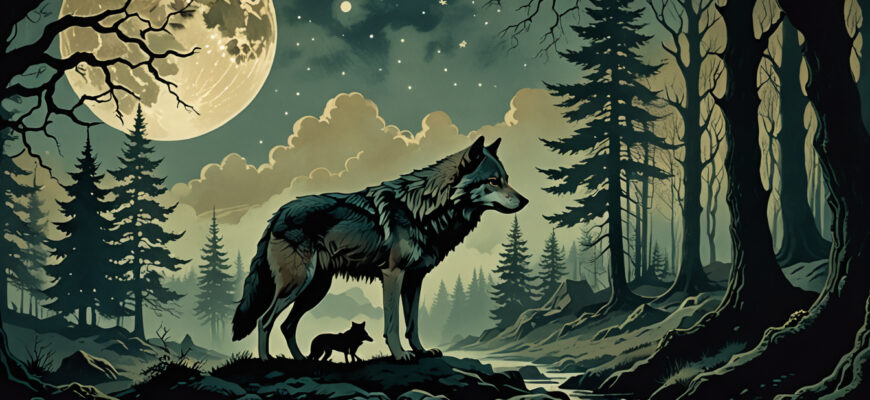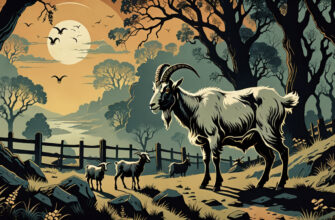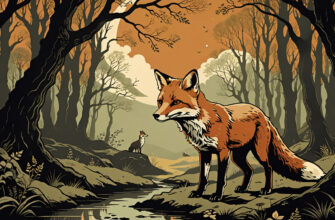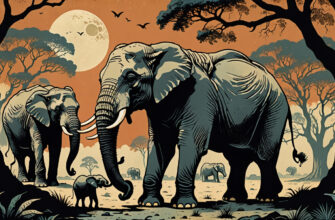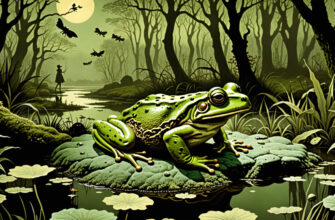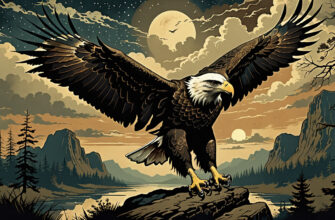Why do people wake up shaken, breathless, and immediately type “wolf dream meaning” into their phone at 3 AM? Because dreams with wolves hit different. They’re not just animal cameos—they carry emotional weight. The wolf shows up when something deep is stirring beneath the surface: fear you didn’t name, hunger you’ve ignored, or instinct you tried to suppress. For some, a dream wolf is terrifying—chasing them through a forest or stalking from the shadows. For others, it’s magnetic, standing protectively at their side. What makes wolf dreams so haunting is how loaded they are—hovering between threat and ally, loneliness and power, chaos and clarity.
Wolves in dreams bring layers. They don’t just echo werewolf folklore or wilderness documentaries. These dream-visitors can feel ancient and personal, mythical yet urgent. They might be survival shows in your brain or signs of your internal wildness waking up. Emotionally, spiritually, psychologically—when a wolf appears in a dream, it’s never just about the wolf.
What Does It Mean To Dream Of A Wolf?
People usually search for wolf dreams after waking up startled or shaken, asking questions like:
- Who or what am I afraid of?
- Is something wild inside me trying to break through?
- Am I being warned—or protected?
Wolves in dreams bridge multiple worlds. If you grew up hearing about Little Red Riding Hood, chances are your brain framed wolves as sneaky predators in the woods. But dream-wolves aren’t fairy tale clichés. They speak the language of your internal wilderness—raw, unpredictable, alert.
Folklore tends to cast the wolf as a villain or shapeshifter. Think werewolves, hungering for flesh under a full moon. In real-life biology, they’re strategic, loyal, and surprisingly shy. Dream wolves draw from both: powerful yet elusive, savage but sometimes tender.
Underneath the imagery, these dreams are rich with layers:
- Spiritual: they might show up as guides, messengers, or ancestral symbols connected to moon cycles and intuition
- Psychological: the wolf may reflect unprocessed emotions—rage, desire, or fear of going feral
- Personal: wolves often highlight where you’re feeling cornered, disconnected from your pack, or needing to reconnect with your instinct
Every wolf dream pattern—chase, fight, join, become—knows its way through your subconscious. Listen closely.
Wolf Dream Symbolism Across Cultures
Every culture’s got its take on wolves—and that filters into how we dream them. In many Native American tribes, the wolf is seen as a teacher or guardian. It’s not something you escape, it’s something you learn from. Dreaming of a wolf through this lens might suggest a need to honor your instincts or trust your inner guidance.
In contrast, European folklore painted wolves into scarier roles: predators lurking at night, shapeshifting were-beasts, familiars of witches. Here, the dream points toward fear, rage, or a self you’re afraid to show.
Modern psychology often lines up with Carl Jung’s archetypes—the wolf as a symbol of our “inner wilderness,” the raw animal spirit we’re both drawn to and afraid of. It could be your inner rebel, your wounded protector, or your inner child’s scream for safety.
So before you write off that dream about wolves, check the lens you’re looking through. It changes the whole story.
The Shadow Self And The Wolf In Dreams
Let’s get real. Sometimes the wolf in your dream isn’t stalking you—it’s stalking the parts of yourself you pushed underground. Maybe that rage you’re bottling up. Maybe the part of you that wants more. Or the hunger that scares you because no one taught you it was safe to want deeply. That’s your shadow self. And the wolf knows how to sniff it out.
In dreams, wolves often mirror back our instincts—especially the ones we’ve been raised to keep quiet. You want love but crave freedom. You pretend you’re chill but you’re boiling. This is where shadow work comes in: the wolf is telling you to stop faking it and face what’s underneath.
When you meet a wolf in a dream and feel fear, ask yourself what part of your life feels out of control. And if the wolf seems calm, strong, or wild—in a way that pulls you in—you might be ready to meet the version of you that’s done hiding.
| Wolf Dream Detail | What It Can Reflect |
|---|---|
| Chased by a wolf | Avoiding truth, stuck in survival mode |
| Standing beside the wolf | Protection, strength, claiming inner power |
| Becoming the wolf | Integration, liberation, shedding false layers |
The next time a dream drops a wolf at your feet, don’t run. Pay attention. There’s something it wants you to see—about yourself, your desire, your pain, or your potential. It’s not just a dream. It’s the beginning of a conversation with your truest self.
Specific Dream Scenarios Featuring Wolves
Ever wake up sweating because you were being chased by a wolf, or shapeshifting into one? These dreams hit different—raw, primal, loud. Here’s what they might be saying under the surface.
Being chased by a wolf can feel like full-body panic. That’s your nervous system sounding alarms. These dreams often pop up when you’re running—from a hard truth, a buried trauma, or a decision you can’t face. It’s survival mode on loop, your instincts screaming that something’s off.
Encountering a pack of wolves doesn’t always mean danger. This could mean you’re craving safe community or feeling like the odd one out. Think school group project where everyone’s synced but you’re the rogue idea nobody wants to hear. Wolves run in sync—if you’re not in step, it stings.
Killing or taming a wolf in your dream? That power struggle could be within or around you. Maybe you’re trying to control urges, shut someone down, or “handle” parts of yourself that won’t behave. Spoiler: repression never works forever.
Transforming into a wolf feels like main character energy. These dreams scream liberation—owning sexual power, channeling rage, claiming your untamed side. It’s not about becoming “feral”; it’s about finally stop asking permission to take up space.
Instinct, Masculine Energy & Spiritual Hunger
Wolves don’t show up just to be spooky bedtime symbols. They’re loud messengers of craving, power, and inner divide. Drop the logic for a sec—a wolf doesn’t speak in words, it growls in truths your body already knows.
That untamed masculinity wolves embody? It might live in you, or around you—assertive, defensive, powerful. Maybe it’s the force you’re afraid to channel. Maybe it’s the energy bullying its way into your life. This wild masculinity isn’t polished; it bites, protects, charges forward.
Hunger in wolf dreams matters. Are you starving for attention, sex, purpose, or rest? The wolf howls when something inside you needs feeding but isn’t getting it. It’s not just about want—it’s about need sharp enough to burn through sleep.
When instinct and morality go to war, the wolf dream shows the split screen. The proper self vs. the honest self. You want it, but you’re told not to. You feel it, but logic tells you it’s wrong. That psychological tug-of-war never ends well—it just breeds secrecy, resentment, and dreams where wolves chase you off cliffs.
When the Wolf Is a Protector
Not all wolf dreams are fear factories. Sometimes that growl is on your side. When the wolf circles you, stands between you and danger, or walks beside you quietly—that’s protection coded in fur and fang.
Some wolves in dreams act like guardian spirits. Think ancestral strongholds—the ones who came before you, still holding down the fort from the other side. Their energy shows up when you need backup you don’t have in the waking world.
Howling at the moon isn’t just some cinematic moment. That could be your soul asking for emotional release, begging you to say what hurts, to feel what you’ve pushed down. It’s the moment before the scream, the ache you carry in silence.
And when trauma’s still fresh? The wolf may be your body’s way of keeping watch. Hypervigilance often masquerades as dream allies. They stand at the door, because your nervous system still doesn’t believe you’re safe.
